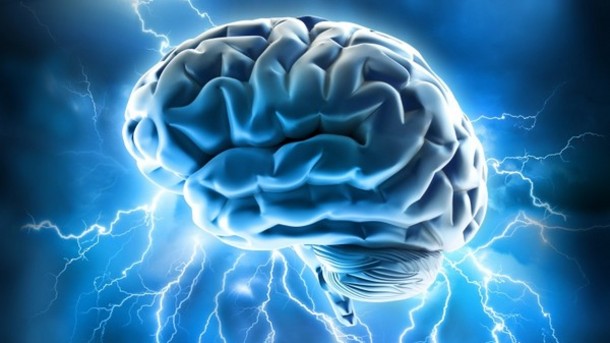motor-function
-

Cracking the Case: How a Smartphone “Detective” is Helping Track Huntington’s Disease Progression
Smartphones can help scientists calculate a new clinical measure of HD, called the HD Digital Motor Score. Easier data collection could means less clinic trips, fewer people needed for studies, and a better understanding of HD.
-

One Disease, Many Paths: How Brain Wiring Shapes Huntington’s Symptoms
HD starts with a single gene change, but its effects travel many roads. New work shows how brain networks breakdown or reroute. Whether movement, thinking, or mood are most affected, we may be able to guide care in a more personalized direction.
-

KINECT-HD trial shows valbenazine improves involuntary movements in Huntington's disease
In a much-needed bit of good news for the Huntington's disease community, Neurocrine Bioscience's KINECT-HD trial showed that treatment with valbenazine significantly reduced the involuntary movements called chorea
-

HDBuzz Enrolls in Enroll-HD
As promised, HDBuzz's Jeff Carroll finally signed up for the Enroll-HD study. Learn more about this important global HD "observational study" here.
-

First Dolly, now Piglet; a new Huntington’s disease pig knock-in model confirmed
For the first time in HD research, an animal model has been created in pigs using 2 cutting edge DNA editing t
-

FDA approves a new drug for symptoms of Huntington's disease
Deutetrabenazine becomes the first new drug in a decade licensed by the FDA for symptoms of Huntington's disease
-

Positive results announced for re-worked tetrabenazine drug in Huntington's disease
Modified 'heavy hydrogen' form of tetrabenazine appears safe and effective for chorea in Huntington's disease
-

More evidence points to Huntington's disease exercise benefit
Two studies show exercise benefits for some symptoms of Huntington's disease. Just don't believe everything you read.
-

Buzzilia Video: Day 2
Video from day 2 of Buzzilia: nightly news, interviews and features from the HD World Congress 2013 in Brazil
-

Could muscle problems help explain movements in Huntington’s Disease patients?
Proper contraction of muscles is crucial for coordination; errors in this process might help explain movements in HD